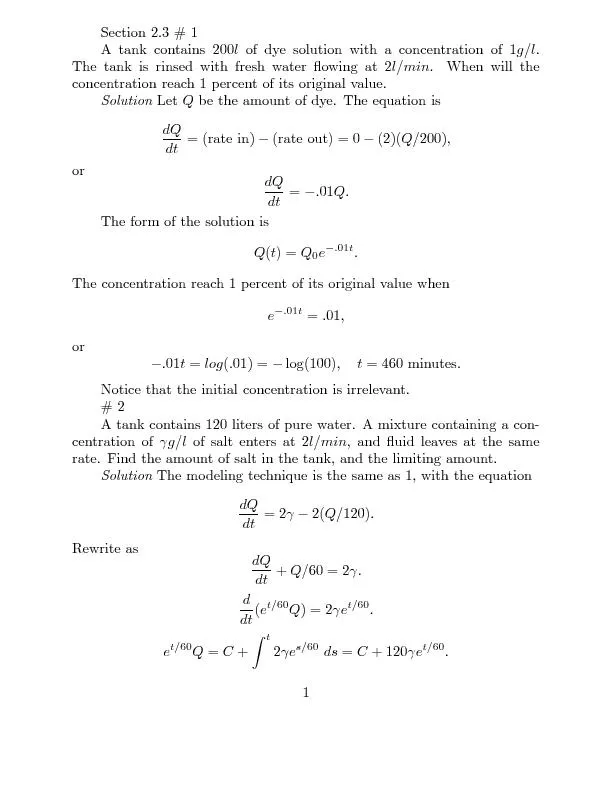PDF-Dement Neuropsychol 2010 June;4(2):120-125
Author : pasty-toler | Published Date : 2016-06-13
Original Article MiniMental State Examination transcultural evaluation Brucki SMD Nitrini R MiniMental State Examination among lower educational levels and illiterates Transcultural
Presentation Embed Code
Download Presentation
Download Presentation The PPT/PDF document "Dement Neuropsychol 2010 June;4(2):120-1..." is the property of its rightful owner. Permission is granted to download and print the materials on this website for personal, non-commercial use only, and to display it on your personal computer provided you do not modify the materials and that you retain all copyright notices contained in the materials. By downloading content from our website, you accept the terms of this agreement.
Dement Neuropsychol 2010 June;4(2):120-125: Transcript
Download Rules Of Document
"Dement Neuropsychol 2010 June;4(2):120-125"The content belongs to its owner. You may download and print it for personal use, without modification, and keep all copyright notices. By downloading, you agree to these terms.
Related Documents














